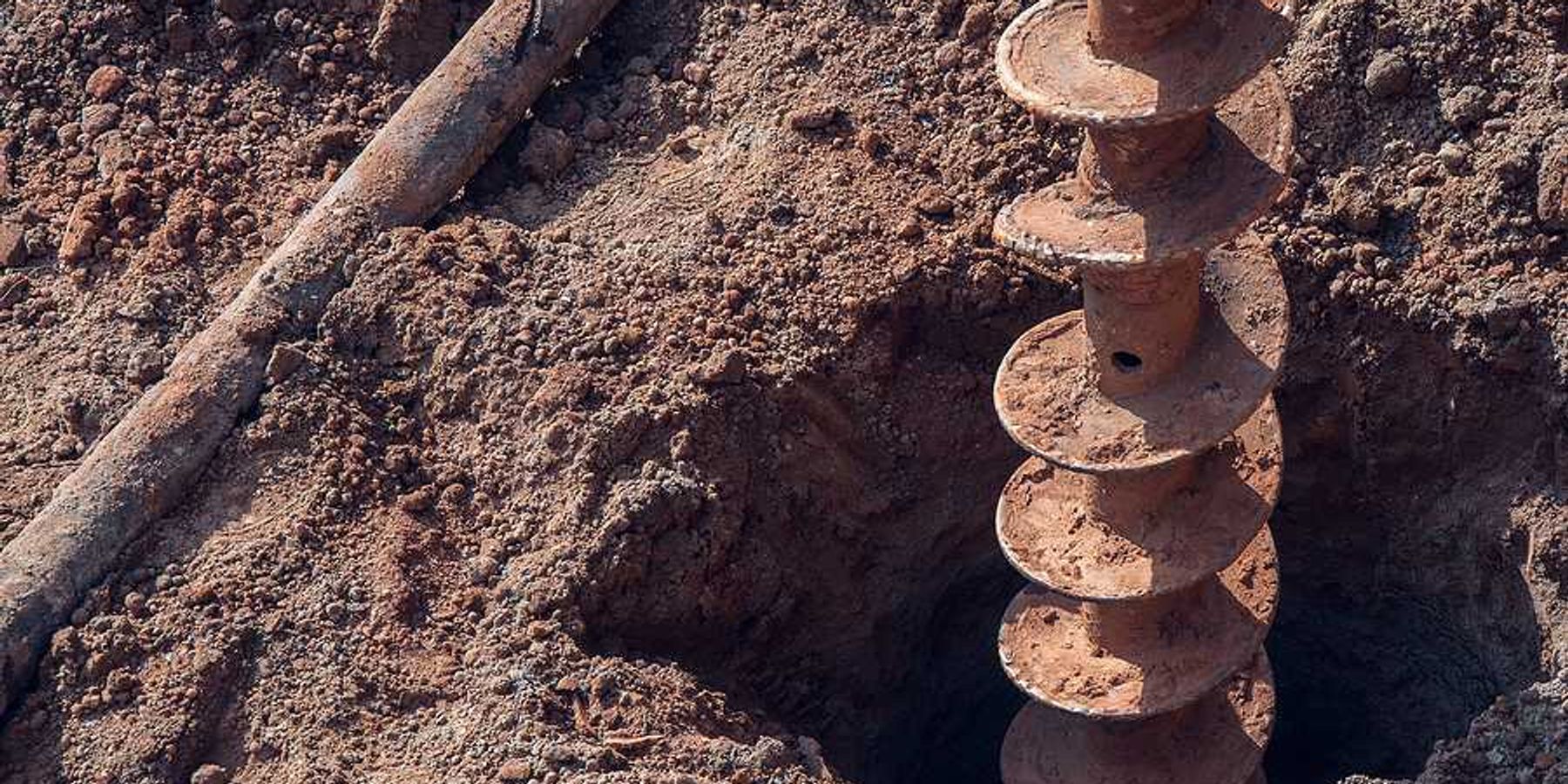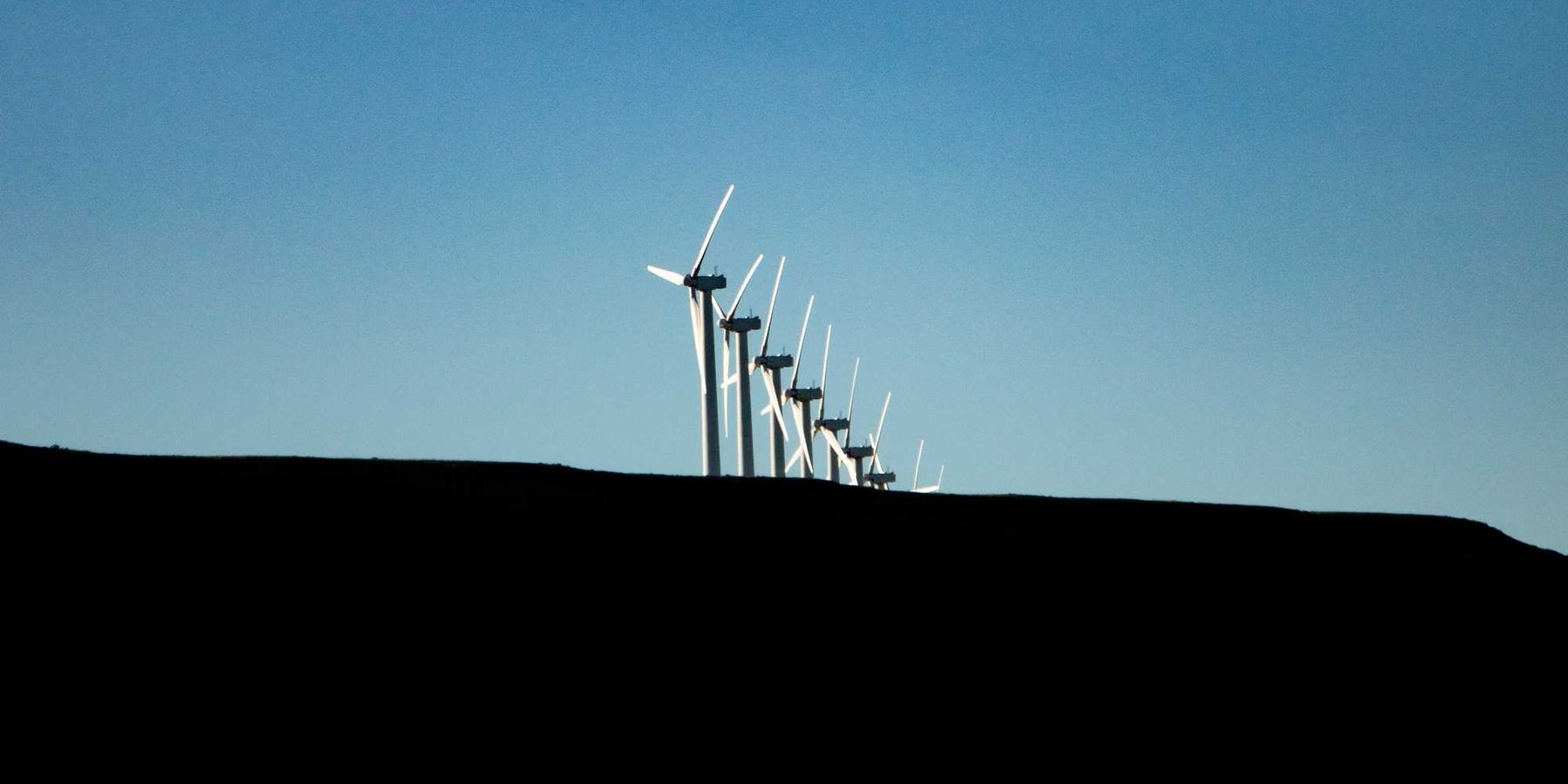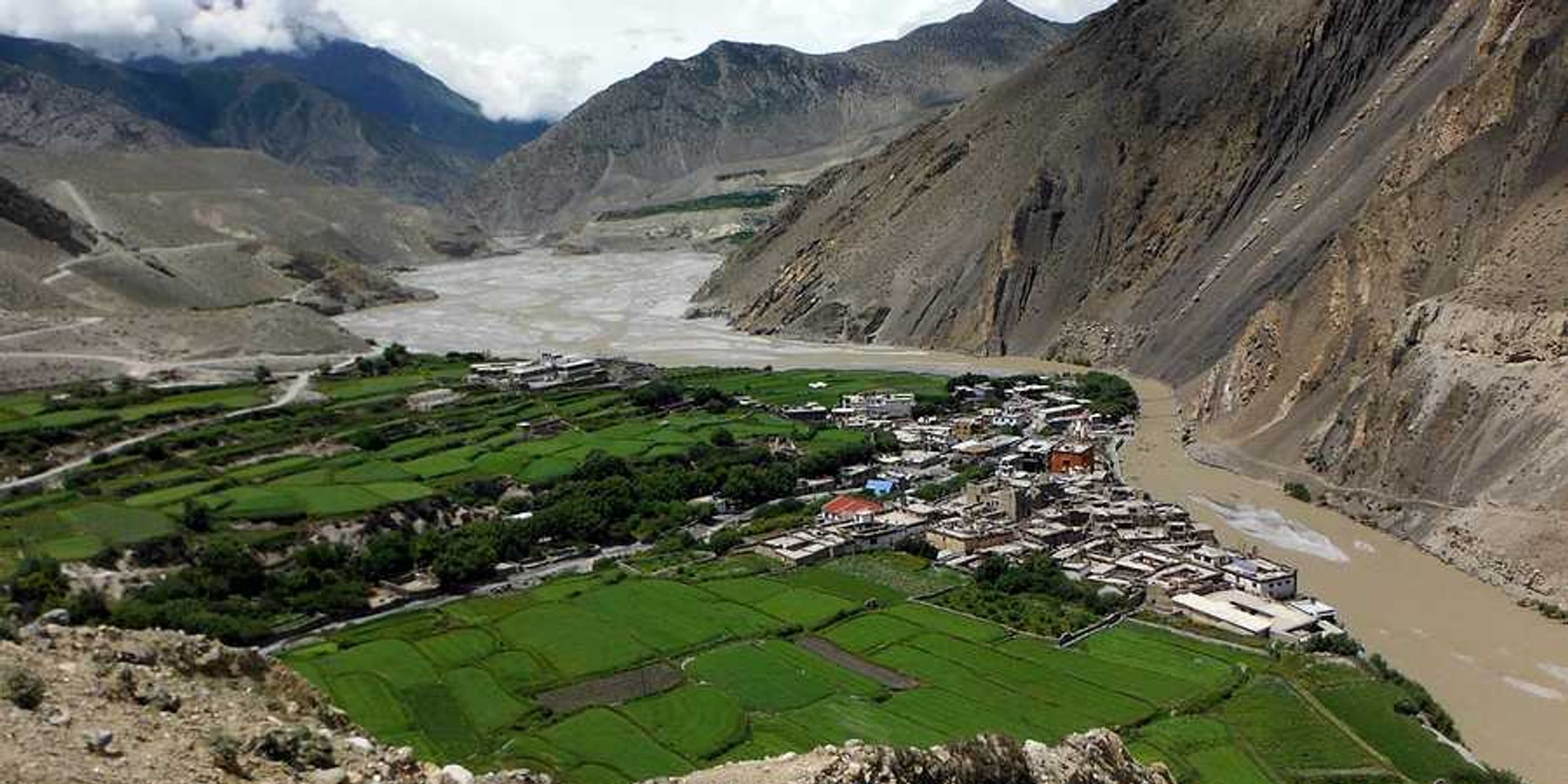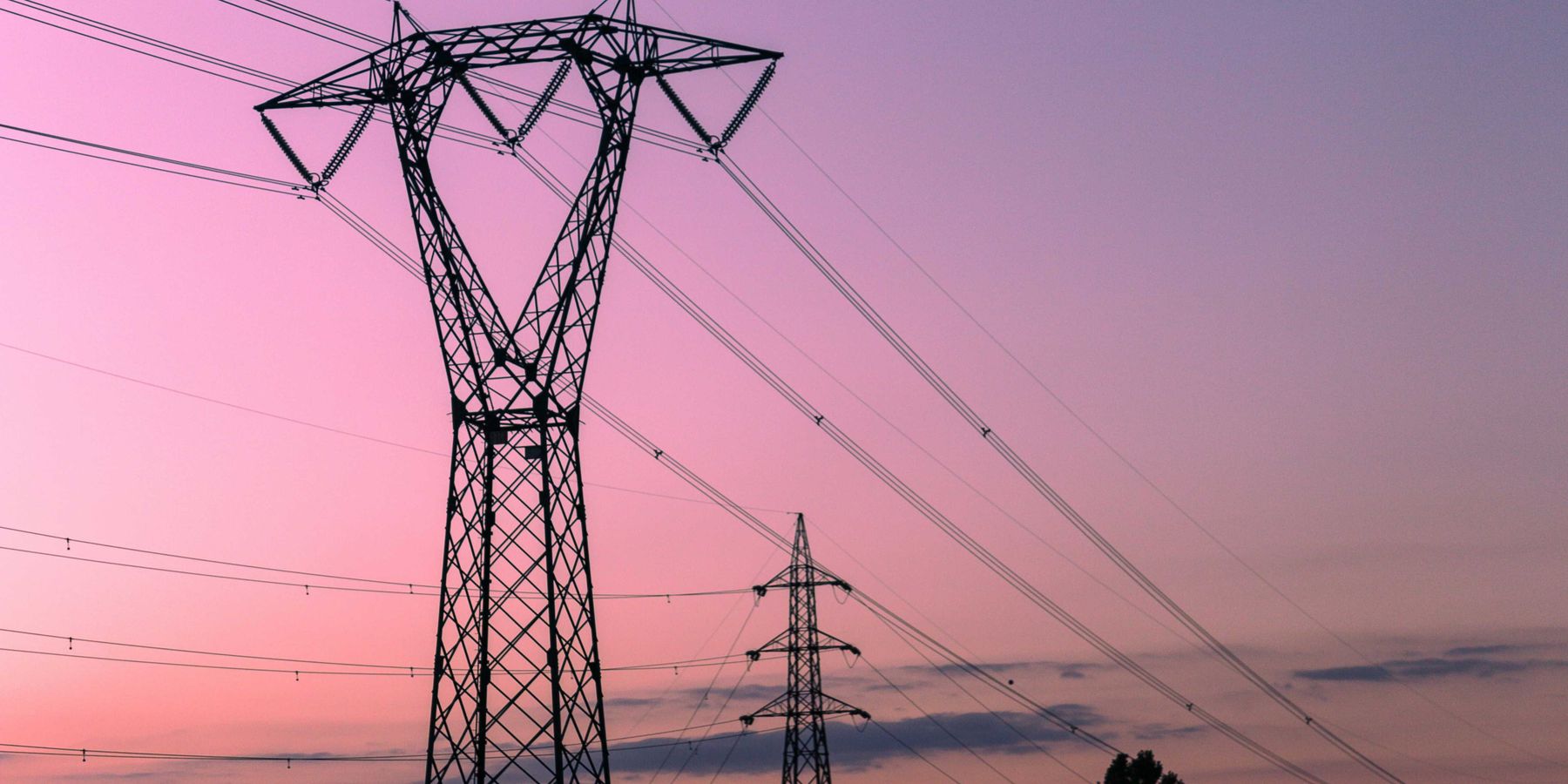India’s steel expansion risks derailing climate progress, global clean-up efforts
India’s push to nearly double its steel output by 2030 — largely using coal — could drive up greenhouse gas emissions and undermine international goals to green the carbon-heavy industry.
Sibi Arasu reports for The Associated Press.
In short:
- A new report from Global Energy Monitor warns that India’s coal-reliant steel expansion could double the sector’s carbon emissions within five years, threatening its own climate targets and global decarbonization milestones.
- India plans to boost steel capacity from 200 million to over 330 million tonnes per year by 2030, with more than half of the new capacity relying on coal-based technologies.
- While much of this capacity is still on paper, analysts say India has a narrow window to pivot toward cleaner production methods like electric arc furnaces and scrap-based steelmaking.
Key quote:
“India is now the bellwether of global steel decarbonization. If the country does not increase its plans for green steel production, the entire sector will miss an important milestone. So goes India, so goes the world.”
— Astrid Grigsby-Schulte, project manager, Global Iron and Steel Tracker at GEM
Why this matters:
Steelmaking is one of the world’s most polluting industries, accounting for nearly 9% of global greenhouse gas emissions. India’s deepening reliance on coal in this sector puts it at odds with climate goals it helped shape, including net-zero pledges and clean energy targets. As the second-largest steel producer, India wields outsized influence over whether the global industry can decarbonize quickly enough to avoid the worst climate impacts. The environmental stakes go beyond CO₂: steel plants are major sources of air and water pollution, with documented effects on respiratory health and local ecosystems. Coal combustion also emits toxic substances like mercury and fine particulate matter, contributing to premature deaths and chronic illnesses. India’s decision to greenlight massive coal-based capacity now could lock in emissions for decades.
Related: Steel industry lags in renewable energy transition, study finds













